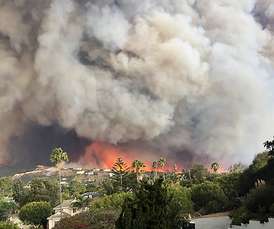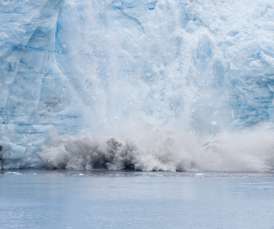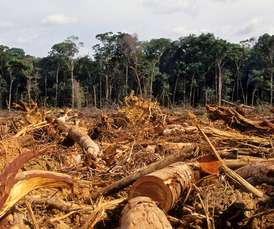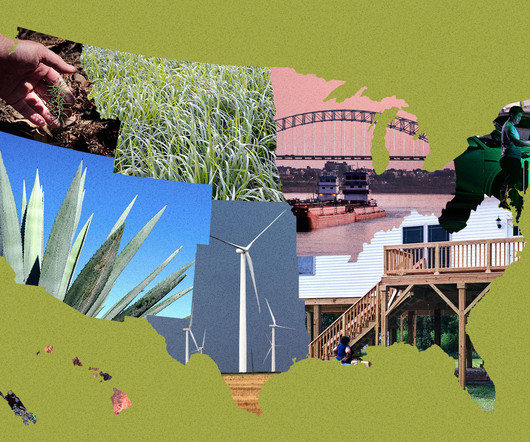Understanding the Anthropocene, Resilience Thinking, and the Future of Industry
Green Business Bureau
JANUARY 18, 2023
It’s important for business owners and global citizens to understand the source of this change to be empowered to anticipate and adapt to these changes and potentially help reverse them through intentional, sustainable action. . Ocean acidification – Surface ocean acidity has already increased by 30 percent since pre-industrial times.



















Let's personalize your content